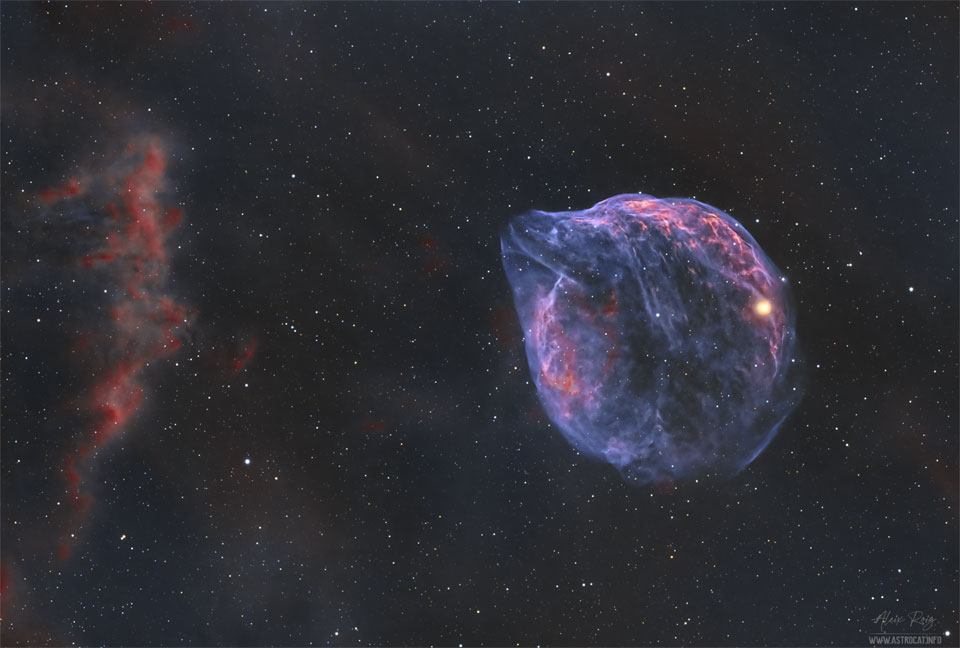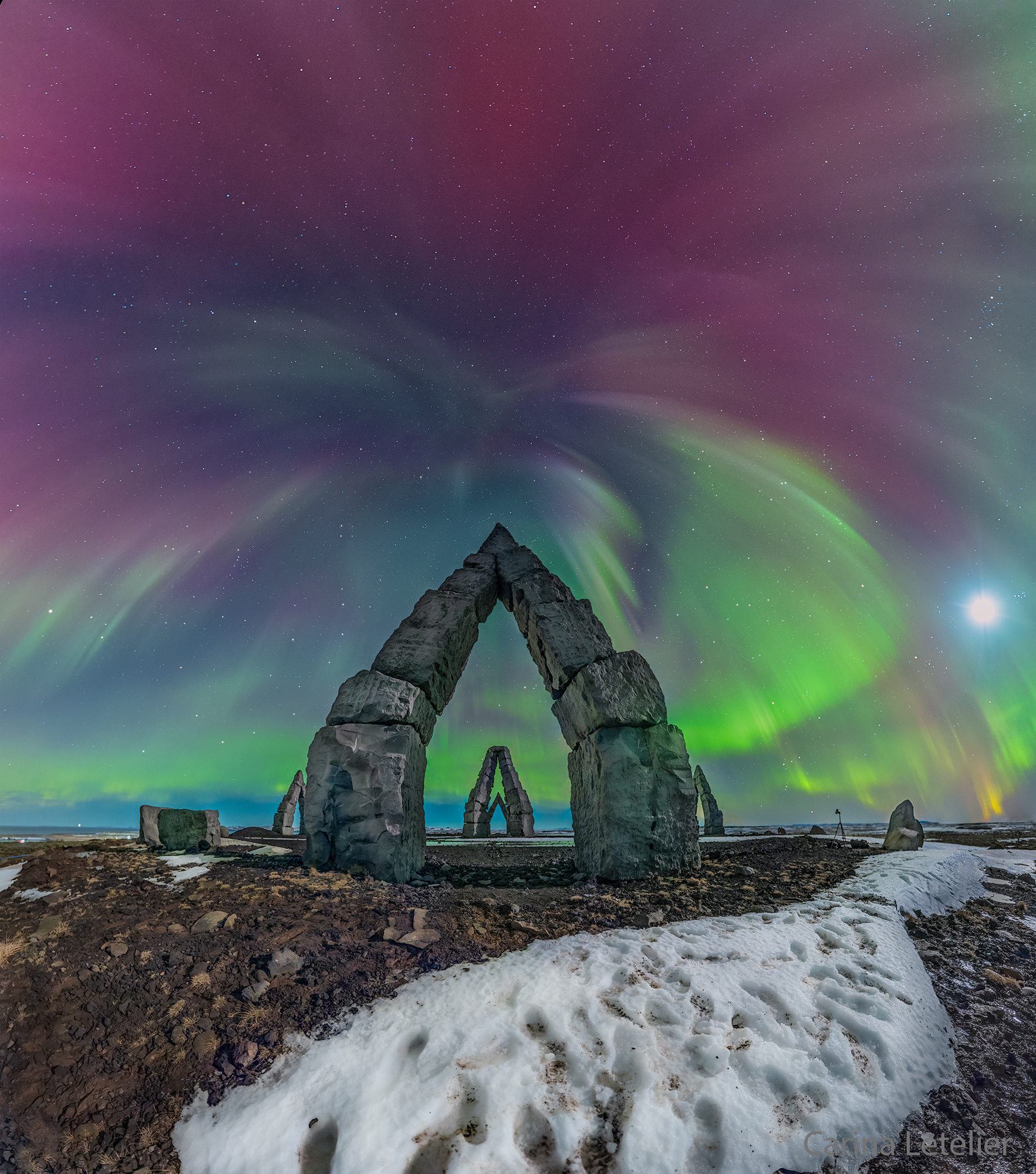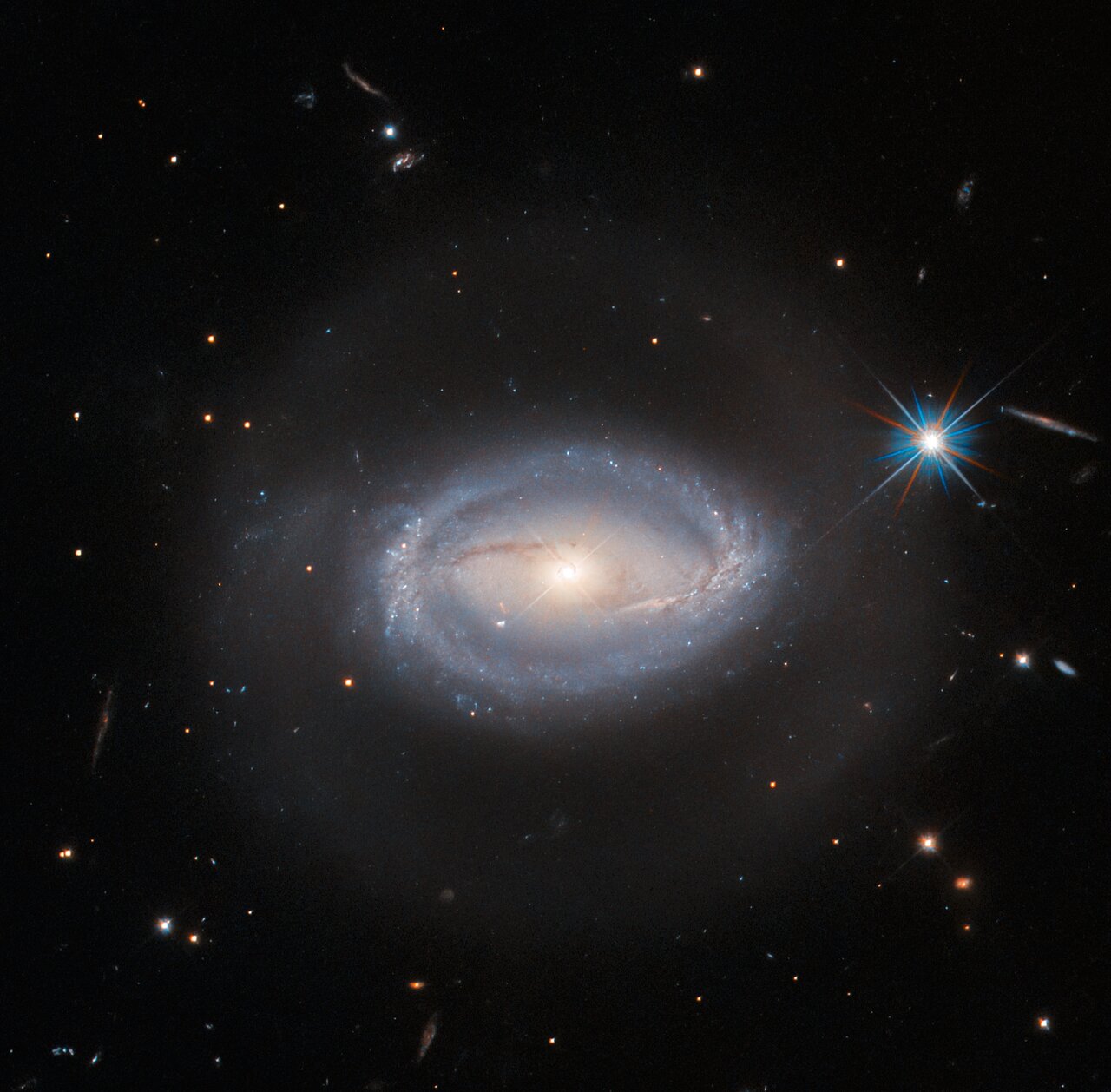Blog
John Lee Curtis “Sonny Boy” Williamson (March 30, 1914 – June 1, 1948) was an American bluesharmonica player, singer and songwriter. He is often regarded as the pioneer of the blues harp as a solo instrument. He played on hundreds of recordings by many pre–World War II blues artists. Under his own name, he was one of the most recorded blues musicians of the 1930s and 1940s and is closely associated with Chicago producer Lester Melrose and Bluebird Records. His popular songs, original or adapted, include “Good Morning, School Girl“, “Sugar Mama“, “Early in the Morning“, and “Stop Breaking Down“.
Williamson’s harmonica style was a great influence on postwar performers. Later in his career, he was a mentor to many up-and-coming blues musicians who moved to Chicago, including Muddy Waters. In an attempt to capitalize on Williamson’s fame, Aleck “Rice” Miller began recording and performing as Sonny Boy Williamson in the early 1940s, and later, to distinguish the two, John Lee Williamson came to be known as Sonny Boy Williamson I or “the original Sonny Boy”.
Williamson was born in Madison County, Tennessee, near Jackson, in 1914. His original recordings are in the country blues style, but he soon demonstrated skill at making the harmonica a lead instrument for the blues and popularized it for the first time in a more urban blues setting. He has been called “the father of modern blues harp”. While in his teens he joined Yank Rachell and Sleepy John Estes, playing with them in Tennessee and Arkansas. In 1934 he settled in Chicago.
more...Eric Patrick Clapton CBE (born 30 March 1945) is an English rock and blues guitarist, singer, and songwriter. He is regarded as one of the most successful and influential guitarists in rock music. Clapton ranked second in Rolling Stone‘s list of the “100 Greatest Guitarists of All Time“ and fourth in Gibson‘s “Top 50 Guitarists of All Time”. He was also named number five in Time magazine’s list of “The 10 Best Electric Guitar Players” in 2009.
After playing in a number of different local bands, Clapton joined the Yardbirds in 1963, replacing founding guitarist Top Topham. Dissatisfied with the change of the Yardbirds sound from blues rock to a more radio-friendly pop rock sound, Clapton left in 1965 to play with John Mayall & the Bluesbreakers. On leaving Mayall in 1966, after one album, he formed the power trio Cream with drummer Ginger Baker and bassist Jack Bruce, in which Clapton played sustained blues improvisations and “arty, blues-based psychedelic pop”.After Cream broke up in November 1968, he formed the blues rock band Blind Faith with Baker, Steve Winwood, and Ric Grech, recording one album and performing on one tour before they broke up. Clapton embarked on a solo career in 1970.
Alongside his solo career, he also performed with Delaney & Bonnie and Derek and the Dominos, with whom he recorded “Layla“, one of his signature songs. He continued to record a number of successful solo albums and songs over the next several decades, including a 1974 cover of Bob Marley‘s “I Shot the Sheriff” (which helped reggae reach a mass market), the country-infused Slowhand album (1977) and the pop rock of 1986’s August. Following the death of his son Conor in 1991, Clapton’s grief was expressed in the song “Tears in Heaven“, which appeared on his Unplugged album, and in 1996 he had another top-40 hit with the R&B crossover “Change the World“. In 1998, he released the Grammy award-winning “My Father’s Eyes“. Since 1999, he has recorded a number of traditional blues and blues rock albums and hosted the periodic Crossroads Guitar Festival. His most recent studio album is Happy Xmas (2018).
Clapton has received 18 Grammy Awards as well as the Brit Award for Outstanding Contribution to Music. In 2004, he was awarded a CBE for services to music. He has received four Ivor Novello Awards from the British Academy of Songwriters, Composers and Authors, including the Lifetime Achievement Award. He is the only three-time inductee to the Rock and Roll Hall of Fame: once as a solo artist and separately as a member of the Yardbirds and of Cream. In his solo career, Clapton has sold more than 280 million records worldwide, making him one of the best-selling musicians of all time. In 1998, Clapton, a recovering alcoholic and drug addict, founded the Crossroads Centre on Antigua, a medical facility for recovering substance abusers.
more...Wolf-Rayet star. Wolf-Rayet stars in general have over 20 times the mass of our Sun and expel fast particle winds that can create iconic looking nebulas. In this case, the resulting star bubble spans over 60 light years, is about 70,000 years old, and happens to look like the head of a dolphin. Named Sh2-308 and dubbed the Dolphin-Head Nebula, the gas ball lies about 5,000 light years away and covers as much sky as the full moon — although it is much dimmer. The nearby red-tinged clouds on the left of the featured image may owe their glow and shape to energetic light emitted from the same Wolf-Rayet star.

Michael Leonard Brecker (March 29, 1949 – January 13, 2007) was an American jazz saxophonist and composer. He was awarded 15 Grammy Awards as both performer and composer. He was awarded an Honorary Doctorate from Berklee College of Music in 2004, and was inducted into the DownBeat Jazz Hall of Fame in 2007.
Michael Brecker was born in Philadelphia and raised in Cheltenham Township, a local suburb. He was raised in a Jewish—and artistic—family: his father, Bob (Bobby), was a lawyer who played jazz piano and his mother, Sylvia, was a portrait artist. Michael Brecker was exposed to jazz at an early age by his father. Brecker began studying clarinet at age 6, then moved to the alto saxophone in the eighth grade, settling on the tenor saxophone as his primary instrument in his sophomore year of high school.
more...Evangelos Odysseas Papathanassiou ; 29 March 1943 – 17 May 2022), known professionally as Vangelis(/væŋˈɡɛlɪs/ vang-GHEL-iss; Greek: Βαγγέλης, pronounced [vaɲˈɟelis]), was a Greek composer and arranger of electronic, progressive, ambient, and classical orchestral music. He was best known for his Academy Award-winning score to Chariots of Fire (1981), as well as for composing scores to the films Blade Runner (1982), Missing (1982), Antarctica (1983), The Bounty (1984), 1492: Conquest of Paradise (1992), and Alexander(2004), and for the use of his music in the 1980 PBS documentary series Cosmos: A Personal Voyage by Carl Sagan.
Born in Agria and raised in Athens, Vangelis began his career in the 1960s as a member of the rock bands The Forminx and Aphrodite’s Child; the latter’s album 666 (1972) is now recognised as a progressive–psychedelic rock classic. Vangelis first settled in Paris, and gained initial recognition for his scores to the Frédéric Rossif animal documentaries L’Apocalypse des Animaux, La Fête sauvage, and Opéra sauvage.
more...Astrud Gilberto ; born Astrud Evangelina Weinert, March 29, 1940) is a Brazilian samba and bossa nova singer. She gained international attention in the 1960s following her recording of the song “The Girl from Ipanema“.
Astrud Gilberto was born Astrud Evangelina Weinert, the daughter of a Brazilian mother and a Germanfather, in the state of Bahia, Brazil. She was raised in Rio de Janeiro. Her father was a language professor, and she became fluent in several languages. She married João Gilberto in 1959 and had a son, João Marcelo Gilberto, who later joined her band. Astrud and João divorced in the mid-1960s. She has another son from a second marriage, Gregory Lasorsa, who also played with his mother. Later she began a relationship with her husband’s musical collaborator, American jazz saxophone player Stan Getz. She immigrated to the United States in 1963, residing in the U.S. from that time on.
more...
Reports of powerful solar flares started a seven-hour quest north to capture modern monuments against an aurora-filled sky. The peaks of iconic Arctic Henge in Raufarhöfn in northern Iceland were already aligned with the stars: some are lined up toward the exact north from one side and toward exact south from the other. The featured image, taken after sunset late last month, looks directly south, but since the composite image covers so much of the sky, the north star Polaris is actually visible at the very top of the frame. Also visible are familiar constellations including the Great Bear (Ursa Major) on the left, and the Hunter (Orion) on the lower right. The quest was successful. The sky lit up dramatically with bright and memorable auroras that shimmered with amazing colors including red, pink, yellow, and green — sometimes several at once.

Vicenç Montoliu i Massana, better known as Tete Montoliu (28 March 1933 – 24 August 1997) was a Spanish jazz pianist from Catalonia, Spain. Born blind, he learnt braille music at age seven. His styles varied from hard bop, through afro-Cuban, world fusion, to post bop. He recorded with Lionel Hampton in 1956 and played with saxophonist Roland Kirk in 1963. He also worked with leading American jazz musicians who toured in, or relocated to Europe including Kenny Dorham, Dexter Gordon, Ben Webster, Lucky Thompson, and Anthony Braxton. Tete Montoliu recorded two albums in the US, and recorded for Enja, SteepleChase Records, and Soul Note in Europe.
more...Thaddeus Joseph Jones (March 28, 1923 – August 20, 1986) was an American jazz trumpeter, composer, and bandleader who has been called “one of the all-time greatest jazz trumpet soloists”.
Thad Jones was born in Pontiac, Michigan, United States, to Henry and Olivia Jones, a musical family of 10 (an older brother was pianist Hank Jones and a younger brother was drummer Elvin Jones). A self-taught musician, Thad began performing professionally at the age of 16. He served in U.S. Army bands during World War II (1943–46).
more...This luminous Picture of the Week shows Z 229-15 — imaged here in beautiful detail by the NASA/ESA Hubble Space Telescope — a celestial object that lies about 390 million light-years from Earth in the constellation Lyra. Z 229-15 is one of those interesting celestial objects that, should you choose to research it, you will find defined as several different things: sometimes as an active galactic nucleus (an AGN); sometimes as a quasar; and sometimes as a Seyfert galaxy. Which of these is Z 229-15 really? The answer is that it is all of these things all at once, because these three definitions have significant overlap.
AGNs and quasars are both described in detail in the Hubble Word Bank, but in essence an AGN is a small region at the heart of certain galaxies (called active galaxies) that is far brighter than just the galaxy’s stars would be. The extra luminosity is due to the presence of a supermassive black hole at the galaxy’s core. Material sucked into a black hole actually doesn’t fall directly into it, but instead is drawn into a swirling disc, from where it is inexorably tugged towards the black hole. This disc of matter gets so hot that it releases a large amount of energy across the electromagnetic spectrum, and that’s what makes AGNs appear so bright.
Quasars are a particular type of AGN; they are typically both extremely bright and extremely distant from Earth — several hundred million light-years is considered nearby for a quasar, making Z 229-15 positively local. Often an AGN is so bright that the rest of the galaxy cannot be seen, but Seyfert galaxies are active galaxies that host very bright AGNs (quasars) while the rest of the galaxy is still observable. So Z 229-15 is a Seyfert galaxy that contains a quasar, and that, by definition, hosts an AGN. Classification in astronomy can be a challenge!
[Image Description: A spiral galaxy. It has two almost-straight arms coming from the left and right of the core that meet a starry ring around the galaxy’s edge. The ring is bluish in colour, and the core is golden and shining. A faint halo of light also surrounds the galaxy. There is one bright star with many diffraction spikes, and a few small stars all around on a black background.]

Leroy Carr (March 27, 1904 or 1905 – April 29, 1935) was an American blues singer, songwriter and pianist who developed a laid-back, crooning technique and whose popularity and style influenced such artists as Nat King Cole and Ray Charles. Music historian Elijah Wald has called him “the most influential male blues singer and songwriter of the first half of the 20th century”. He first became famous for “How Long, How Long Blues“, his debut recording released by Vocalion Records in 1928.
Leroy Carr was born March 27, 1905 in Nashville, Tennessee. His parents were John Carr, a laborer at Vanderbilt University, and Katie Lytle, a domestic worker. After his parents separated, Carr moved to Indianapolis, Indiana with his mother. Carr was a self-taught piano player. After dropping out of high school, Carr travelled with a circus, and in the early 1920s served in the U.S. Army. Carr returned to Indianapolis and worked in a meat-packing plant. He was married and had one daughter. Carr was convicted of bootlegging and served a year at the Indiana State Penitentiary.
more...Herman “Junior” Parker (March 27, 1932 – November 18, 1971) was an American blues singer and musician. He is best remembered for his voice which has been described as “honeyed” and “velvet-smooth”. One music journalist noted, “For years, Junior Parker deserted down home harmonica blues for uptown blues-soul music”. In 2001, he was inducted into the Blues Hall of Fame. Parker is also inducted into the Mississippi Musicians Hall of Fame.
There is some disagreement over the details of Parker’s birth, but most reliable sources now indicate that he was born in March, 1932 at Eastover Plantation near Bobo, Coahoma County, Mississippi. He moved with his mother to West Memphis, Arkansas, during the 1940s. Other birth dates in 1927 or 1932 have been suggested, and some research suggests that his name at birth was registered as Herbert Parker.
He sang in gospel groups as a child and, beginning in his teenage years, played on various blues circuits. His biggest influence as a harmonica player was Rice Miller a.k.a. Sonny Boy Williamson, with whom he worked before moving on to work for Howlin’ Wolf in 1949. Around 1950, he began performing with a coalition of performers in Memphis known the Beale Streeters, which included Bobby “Blue” Bland and B.B. King.
more...Sarah Lois Vaughan (March 27, 1924 – April 3, 1990) was an American jazz singer.
Nicknamed “Sassy” and “The Divine One“, she won two Grammy Awards, including the Lifetime Achievement Award, and was nominated for a total of nine Grammy Awards. She was given an NEA Jazz Masters Award in 1989. Critic Scott Yanow wrote that she had “one of the most wondrous voices of the 20th century”.
Vaughan was born in Newark, New Jersey, to Asbury “Jake” Vaughan, a carpenter by trade who played guitar and piano, and Ada Vaughan, a laundress who sang in the church choir, migrants from Virginia. The Vaughans lived in a house on Brunswick Street in Newark for Vaughan’s entire childhood. Jake was deeply religious. The family was active in New Mount Zion Baptist Church at 186 Thomas Street. Vaughan began piano lessons at the age of seven, sang in the church choir, and played piano for rehearsals and services.
more...
Benjamin Francis Webster (March 27, 1909 – September 20, 1973) was an American jazz tenor saxophonist.
A native of Kansas City, Missouri, he studied violin, learned how to play blues on the piano from Pete Johnson, and received saxophone lessons from Budd Johnson. He played with Lester Young in the Young Family Band. He recorded with Blanche Calloway and became a member of the Bennie Moten Orchestra with Count Basie, Hot Lips Page, and Walter Page. For the rest of the 1930s, he played in bands led by Willie Bryant, Benny Carter, Cab Calloway, Fletcher Henderson, Andy Kirk, and Teddy Wilson.
Webster was a soloist with the Duke Ellington Orchestra from 1940, appearing on “Cotton Tail”. He considered Johnny Hodges, an alto saxophonist in the Ellington orchestra, a major influence on his playing.Gunther Schuller wrote in 1989 that Hodges influence pushed him away from his original inspiration, Coleman Hawkins. Webster became close to Jimmy Blanton and Billy Strayhorn, the other two newcomers to Ellington’s orbit.
more...More Posts
- Wynton Kelly Day
- World Music with Le Mystere des Voix Bulgares
- Daily Roots with Bongo Herman & Bingy Bunny
- The Cosmos with NGC 2237
- Jaco Pastorius Day
- Bette Midler Day
- Sandy Nelson Day
- Ike Issacs Day
- World Music with Tamazight
- Daily Roots with Bunny Brown
- Shabbat for the Soul service Mt Zion Temple
- Rhythm Roots Workshop Solo Performance
- The Cosmos with NGC 7552
- Jack Sheldon Day
- Brownie McGhee Day
- Robert Nighthawk Day
- World Music with Paco de Lucia
- Daily Roots with Pat Kelly
- The Cosmos with Corona Australis
- Billy Hart Day